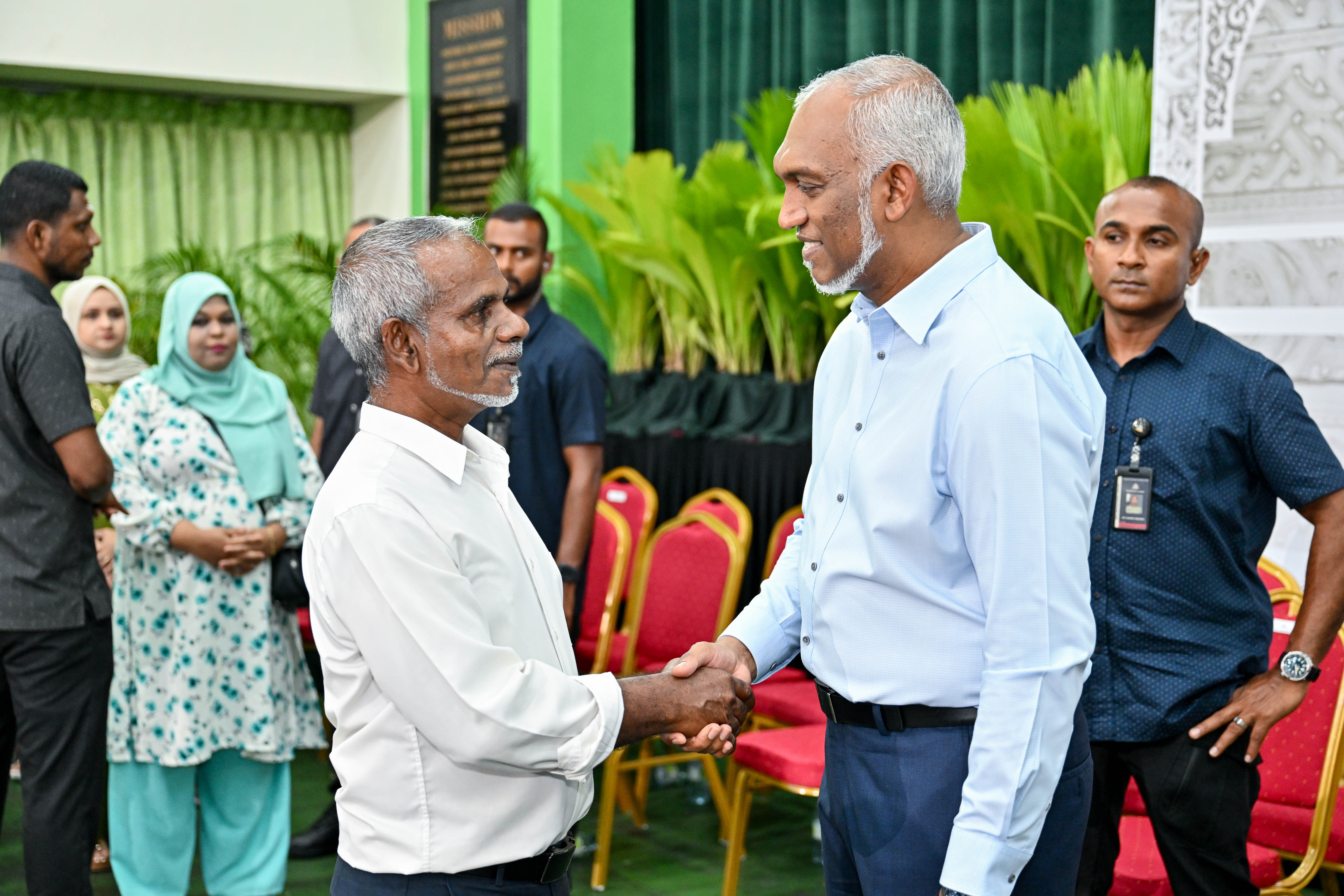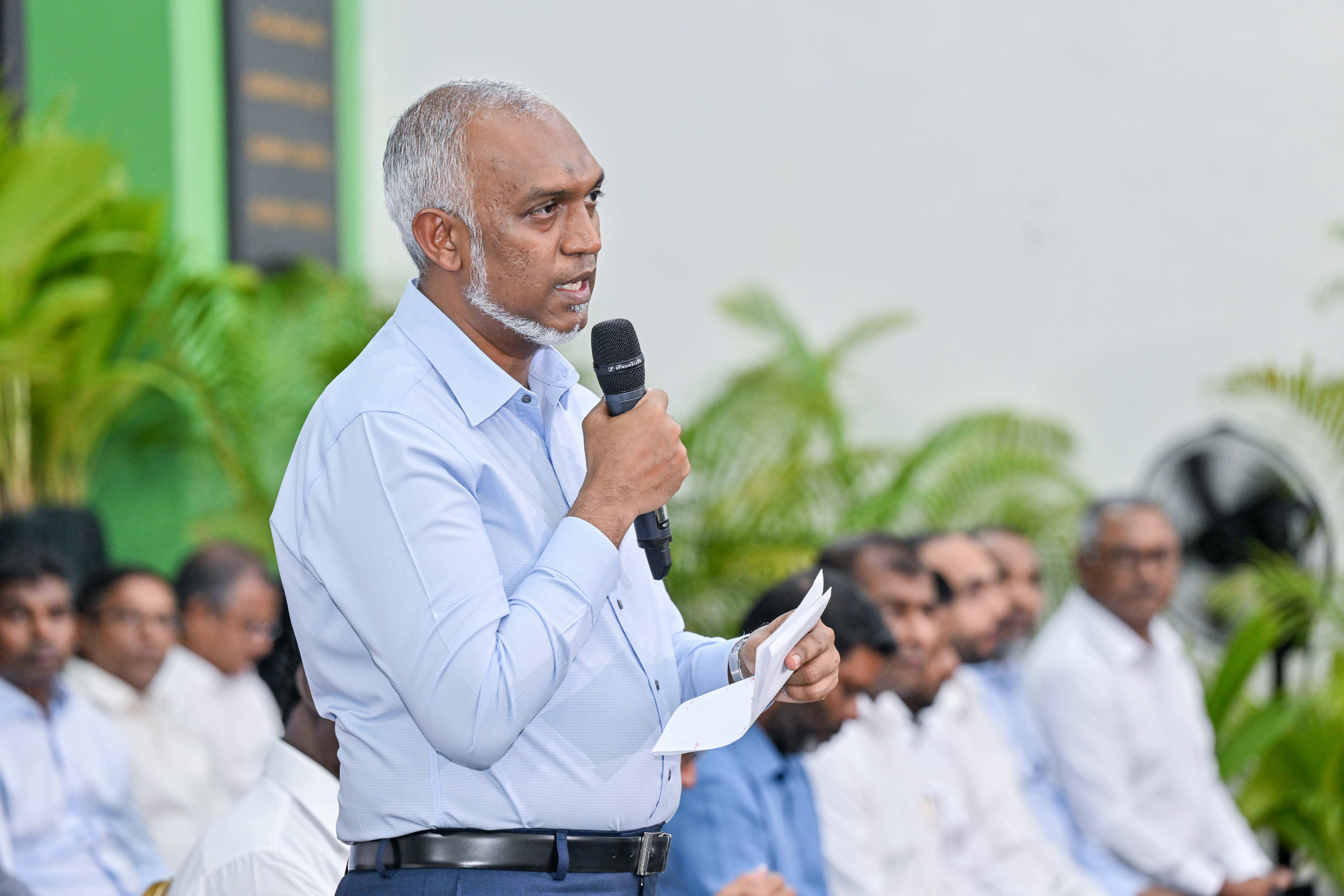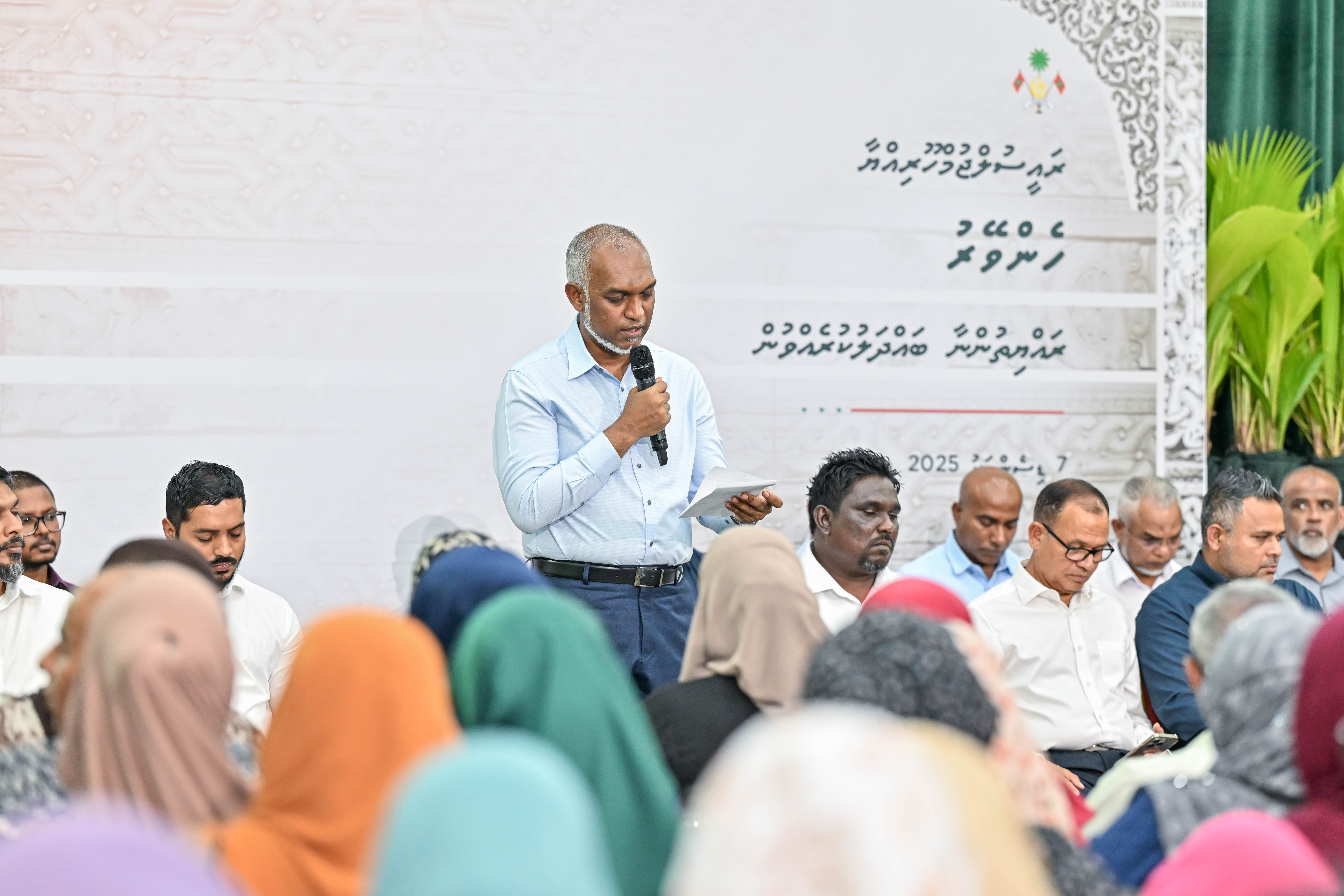India has officially enacted a contentious citizenship law that has sparked widespread criticism for its exclusion of Muslims, underscoring concerns about religious discrimination under Prime Minister Narendra Modi's Hindu nationalist government. The law, announced on Monday, imposes a religious test for migrants from major South Asian faiths, except Islam, drawing condemnation from critics who accuse Modi's administration of fostering Hindu supremacy and marginalizing the country's Muslim population of 200 million.
The Citizenship Amendment Act, which fast-tracks naturalization for migrants from Afghanistan, Bangladesh, and Pakistan belonging to Hindu, Parsi, Sikh, Buddhist, Jain, and Christian communities who arrived in India before December 31, 2014, excludes Muslims, who constitute the majority in these nations. This marks a significant departure for India, officially a secular state with a diverse religious landscape, as it introduces religious criteria for citizenship, a move that has raised serious concerns about discriminatory practices.
Despite opposition, the Indian government has introduced an online portal for eligible individuals to apply for Indian citizenship under the new law. Modi's Bharatiya Janata Party (BJP), which made implementing the law a key election promise ahead of the upcoming general elections scheduled by May, has defended it as a humanitarian gesture aimed at providing refuge to persecuted religious minorities, dismissing claims of discrimination against Muslims.
The Citizenship Amendment Act's approval by India's Parliament in 2019 was followed by postponement of its implementation after violent protests erupted in New Delhi and other parts of the country, resulting in numerous fatalities. These protests, involving people from diverse religious backgrounds, highlighted concerns that the law undermines India's secular ethos. Moreover, the government's proposal for a national register of citizens has heightened fears among Muslims that they could be targeted for exclusion or deportation, further exacerbating tensions over citizenship and identity in India.
The Citizenship Amendment Act, which fast-tracks naturalization for migrants from Afghanistan, Bangladesh, and Pakistan belonging to Hindu, Parsi, Sikh, Buddhist, Jain, and Christian communities who arrived in India before December 31, 2014, excludes Muslims, who constitute the majority in these nations. This marks a significant departure for India, officially a secular state with a diverse religious landscape, as it introduces religious criteria for citizenship, a move that has raised serious concerns about discriminatory practices.
Despite opposition, the Indian government has introduced an online portal for eligible individuals to apply for Indian citizenship under the new law. Modi's Bharatiya Janata Party (BJP), which made implementing the law a key election promise ahead of the upcoming general elections scheduled by May, has defended it as a humanitarian gesture aimed at providing refuge to persecuted religious minorities, dismissing claims of discrimination against Muslims.
The Citizenship Amendment Act's approval by India's Parliament in 2019 was followed by postponement of its implementation after violent protests erupted in New Delhi and other parts of the country, resulting in numerous fatalities. These protests, involving people from diverse religious backgrounds, highlighted concerns that the law undermines India's secular ethos. Moreover, the government's proposal for a national register of citizens has heightened fears among Muslims that they could be targeted for exclusion or deportation, further exacerbating tensions over citizenship and identity in India.


















